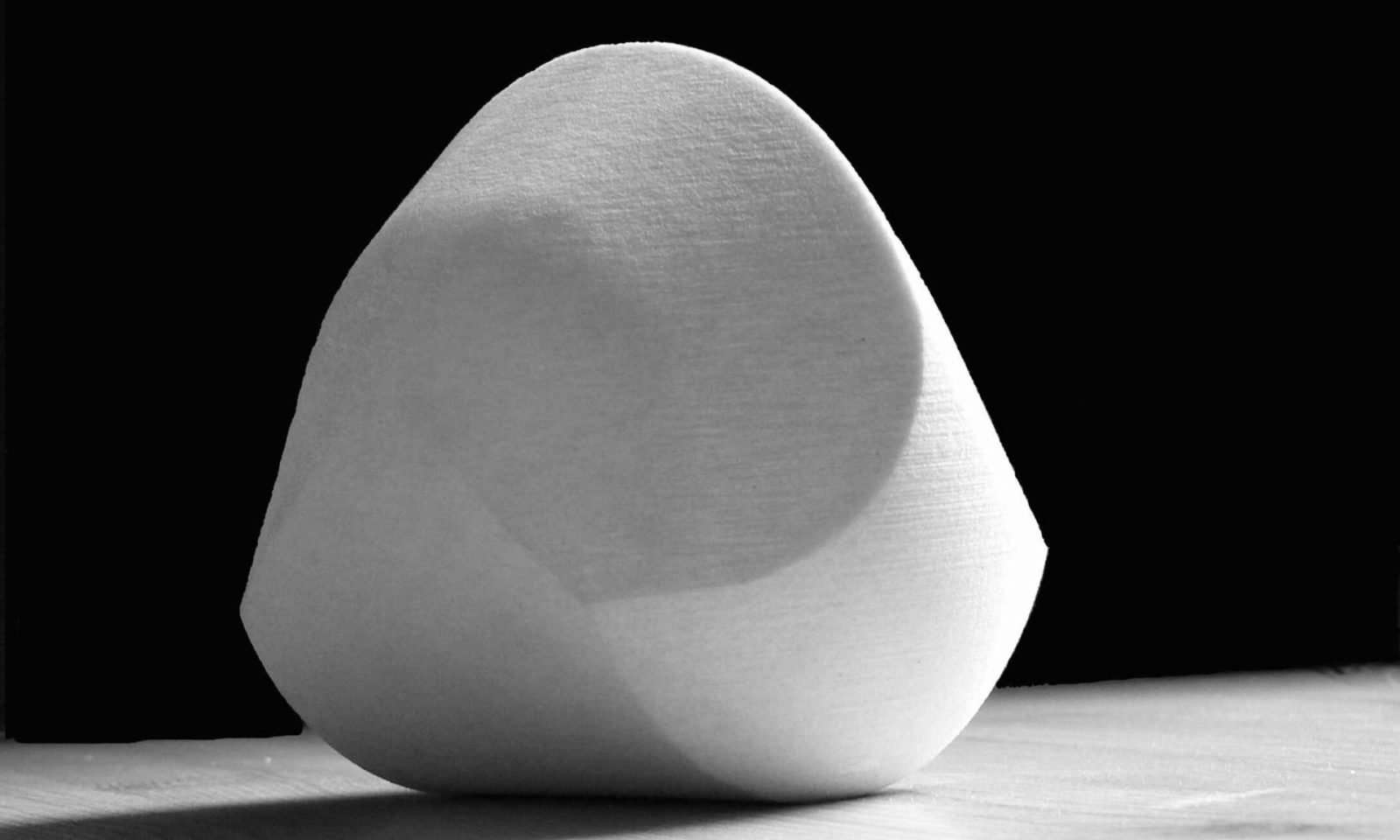Registration of 3D marks in light of the Gömböc judgement
Words and logos are not the only signs that can be registered as trademarks but one can also apply for registration of a product shape as a trademark. There are, however, certain restraints on the registrability of such signs. A shape that is necessary to obtain a technical result or a shape that gives substantial value to the product cannot be registered in the EU. The CJEU tried to clarify what this means in the Gömböc judgement that has recently been released.
A Hungarian company wanted to register a national three-dimensional mark consisting of the shape of decorative products they produced (see the picture). What is special about these products is that they are always in equilibrium due to their convex homogeneous body with one stable and one unstable point which is the result of certain mathematical laws. The referring court asked whether the necessity of the shape to obtain a technical result is determined on the basis of the graphic representation alone or may the perception of the relevant public also be taken into account. The CJEU ruled that other useful information can also be taken into account but they need to be objective and reliable (such as the product descriptions, data regarding previous IP rights, surveys and expert opinions, etc.). Since the assessment of the relevant public is necessarily subjective to a certain extent, potentially giving rise to uncertainty, such information cannot be taken into account in determining the technical function of the product.
The CJEU also dealt with the absolute ground for refusal of a shape which gives substantial value to the product. The national court asked whether this absolute ground is applicable when it can only be established on the basis of the perception or knowledge of the buyer. The Court answered that this can be taken into consideration, but only when it is apparent from objective and reliable evidence that the consumer’s decision to purchase the product is to a large extent determined by an essential characteristic of that shape. Finally, the CJEU also decided on the question whether the shape of the product protected by design right is automatically excluded from trademark protection. The Court clarified that the fact that the appearance of a product is protected as a design does not prevent a sign consisting of the shape of that product from benefiting from protection under trademark law, provided that the conditions for registration of that sign as a trademark are satisfied. The CJEU thus issued another important decision in which it confirmed the possibility of IP rights cumulation and coexistence.
See the discussion on this and some other trademark cases issued by the CJEU in the past year here.
The Grand Board of the European Union Intellectual Property Office (EUIPO) finally ruled that the figurative sign ‘COVIDIOT’ cannot be registered as an EU trademark.
The 4th Open Knowledge Day took place on Tuesday 17 October 2023, with an accompanying workshop on 18 October 2023. This year it was organised by the Open Data and Intellectual Property Institute (ODIPI) and supported by Knowledge Rights 21 (KR21).
We invite you to the fourth Open Knowledge Day and the workshop, which will take place this year within the framework of the programme and with the support of Knowledge Rights 21. The event will bring together experts from different European countries to discuss two topics: the first part will deal with the legal basis for data analytics, which is a key part of machine learning and related artificial intelligence, and the general exception for research. In the second part, open science in theory and practice will be presented both in Slovenia and in some Western Balkan countries. Representatives of research and educational institutions from Slovenia and the Western Balkan countries, as well as interested members of the public, are invited to attend.
Dr. Maja Bogataj Jančič, a renowned expert in copyright law, has joined the Berkman Klein Center for Internet & Society at Harvard University, where she will serve as an affiliate researcher for the next two years.





